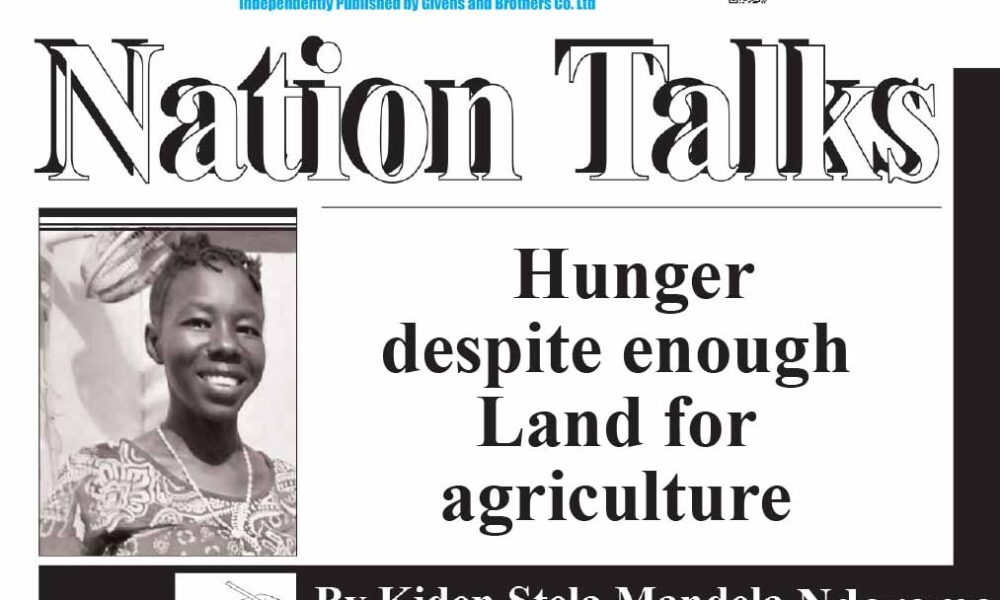Most areas in South Sudan currently depend on humanitarian agencies.
This has been happening since the war broke out from 2013 to 2016 and has not produced food due to insecurity in some areas where agriculture could have been practiced, such as Yambio in the Western Equatoria region, Eastern Equatoria, Upper Nile, Yei, and Lainya in Central Equatoria. These are some regions where agriculture should have been developed, as leaders consistently advise. Since then, the security issues have been so severe that even farmers could not go to their farms due to unknown gunmen. This war has caused the displacement of persons both within the country and in the diaspora, leading to a reliance on humanitarian aid.
In 2022, an humanitarian agency in South Sudan, which was trying to deliver food to displaced persons in Lainya, found that the flour was mixed with mattress particles, yet it passed through the government’s notice. The reason behind this remains unanswered—whether the humanitarian agency is overwhelmed or not. Another question is, what is the Ministry of Food and Drug Control doing in the country?
In this tense atmosphere of looming hunger, it will be difficult to shift from humanitarian to developmental activities, such as developing the agricultural sector to reduce dependence on humanitarian aid. Since independence on July 9, 2011, the country has considered farming as the backbone of its economy, largely due to ongoing foreign donations. This is further complicated by unstable security and the frequent displacement of citizens, which hinders economic growth.
South Sudan has sufficient land for all kinds of developmental activities, including industrialization and large-scale farming in the villages, to reduce dependence on others and mitigate the looming hunger, aiming to become a better nation. However, today politicians have placed every citizen in a difficult situation, where one either lives in fear or struggles to survive due to insecurity, and all avenues for farming are closed.
I appeal to agencies to continue their support in providing assistance until citizens can confidently produce their own food, with the hope of achieving stable security for farmers to access their lands and better roads for selling their goods, even internationally.
If there is sufficient agricultural production in the country, it will likely reduce high prices since the demand for other commodities will lessen and limit the export of expired goods.
I urge the government of South Sudan to ensure security across all regions so that agriculture can be practiced safely.
God Protect South Sudan
Be the Spectator!




